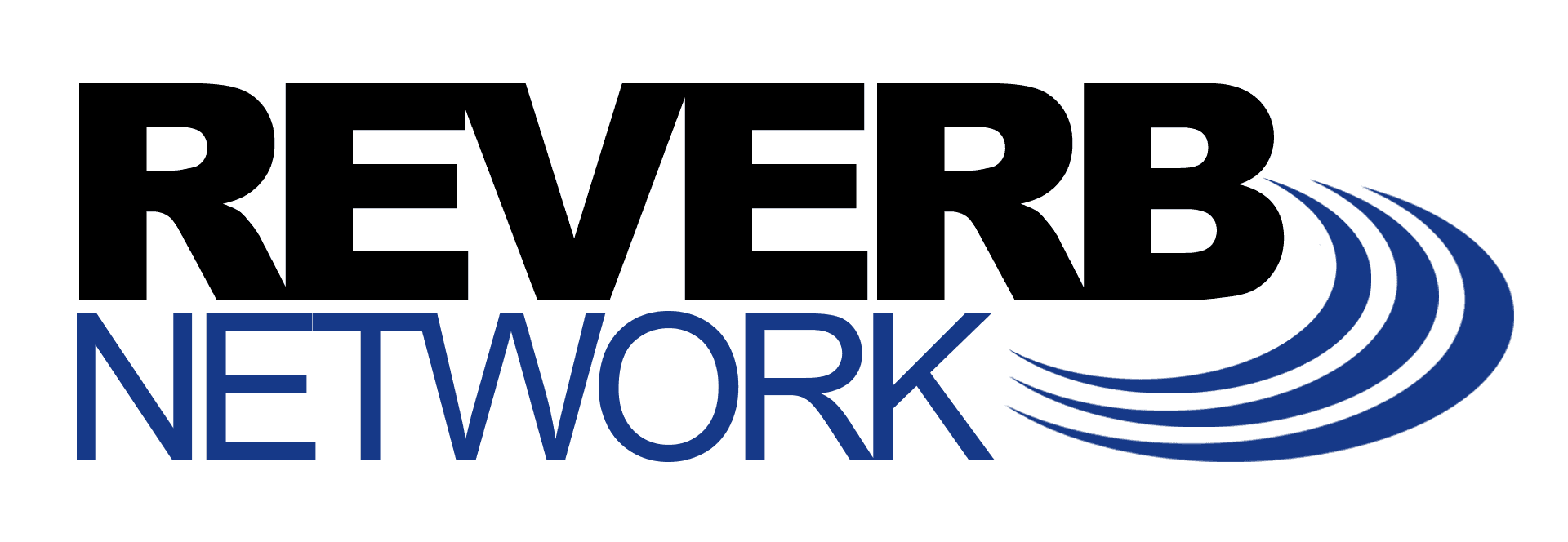Vision
[Coaching Lesson #1 from our Serving Leadership Development Program—Achieving Organizational Effectiveness, Phase 4]
Few things are more important to effective leadership than vision. Good leaders foresee something out there in the future that others often fail to see.
Leadership is about going somewhere. Effective leadership begins with a clear vision. If your followers don’t know where you are going and where you are trying to take them, they will have a hard time getting excited about the journey.
Godly leaders must first have a vision of who God is, the future He holds for them, and a sense of what He has called them to do.
Case Study: Paul’s Mission and Vision (Romans 1:1-5 & 15:23-24)
Paul knew that God had called him to minister to the Gentiles and he had a vision for taking the gospel to Rome and Spain.
While God may not give you a vision for ministry in the same manner He did Paul, He will give you insight into your spiritual destiny through His word and the Holy Spirit. As you seek Him, through His word and prayer, ask Him to give you a clear image of the work He has called you to join Him in accomplishing.
Case Study: Jesus and His Vision (Matthew 28:18-20 & 10:27-33)
Jesus consistently cast a vision of God’s coming kingdom. His vision was so compelling that His disciples left everything to follow Him.
Jesus painted a compelling vision, but He also warned His followers that there would be a cost. Leaders owe followers an honest and complete picture when they promote their vision. They must not only promote the “prize”, but must also let followers know of the “price” that must be paid in order to achieve the vision. Unless they do this, people are likely to “jump ship” at the first storm.
Discussion Questions:
- Why is having a compelling vision an important requirement for a leader and an organization in order to achieve success?
- Where does the vision of a godly leader come from? Whose vision is it—God’s or ours?
- What are some of the things that can happen when an organization’s vision is not clearly understood, compelling, or effectively communicated?
- What is your personal vision? Is it aligned with Jesus’ vision to make disciples of all nations? If not, why not?
- Why must senior leaders ensure that their processes, structure, policies, etc., are in alignment with the organization’s vision and mission? What can happen when they are not?














